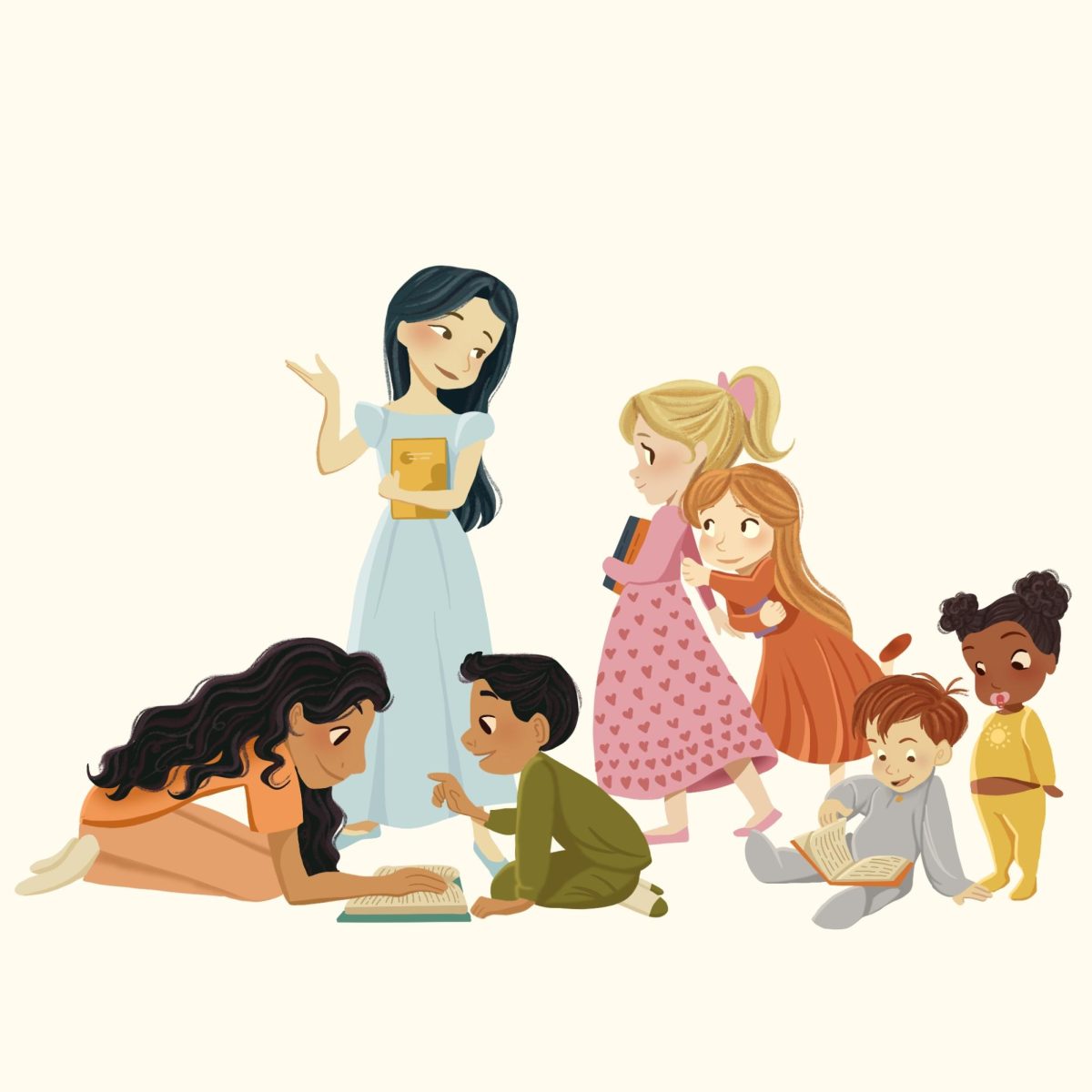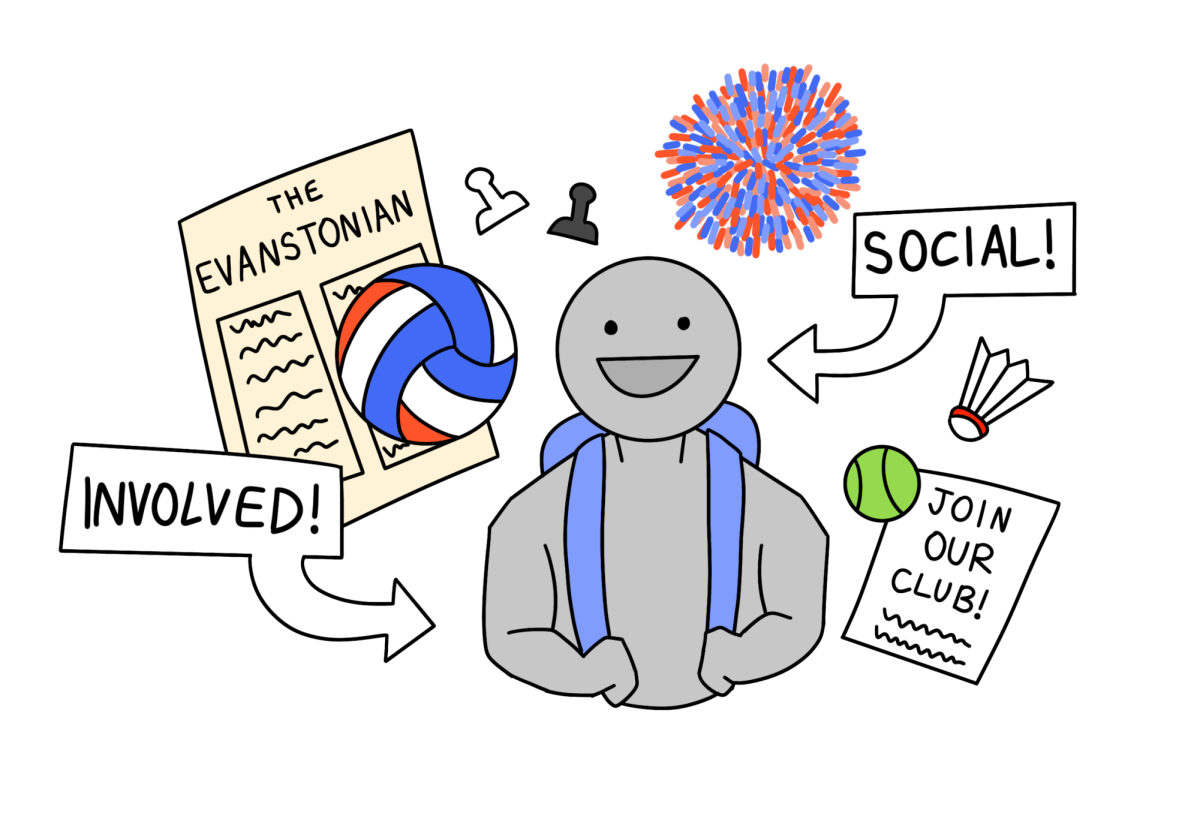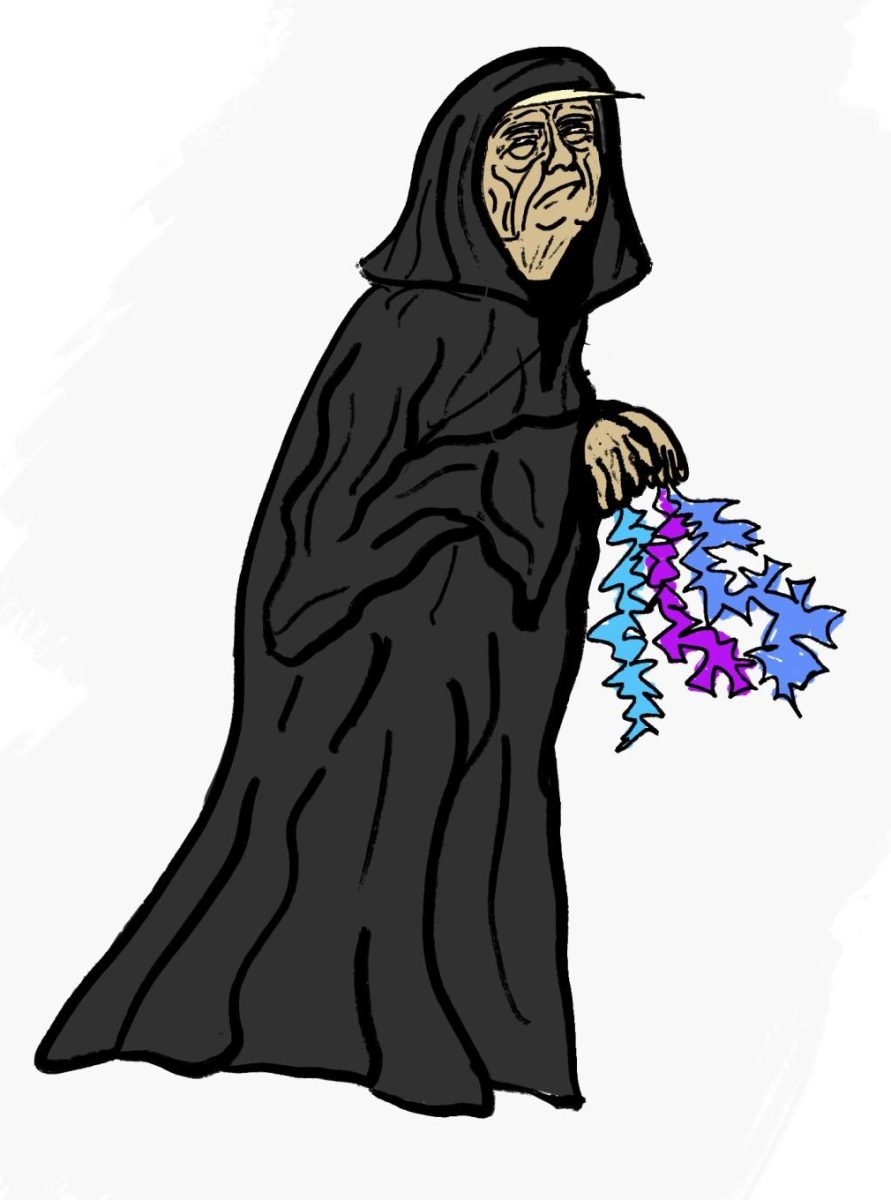Recently, the literacy rates in the United States have tanked. The global pandemic of COVID-19 has facilitated this issue, and studies have shown this — the National Library of Medicine states, “A recent study conducted in the US by Relyea et al. (2023) found that the average reading achievement gain during the 2020–2021 school year was lower compared to the 2018–2019 school year.” Whether illiteracy is a motivation issue or a societal issue, it must be solved.
According to The Policy Circle, “Low literacy is defined as being unable to complete tasks related to comparing and contrasting, paraphrasing, or making low-level inferences.” This issue has significant ramifications: “With low literacy rates, we see inequities continue to widen as low literacy correlates with higher unemployment, reduced income, higher incarceration rates, and poorer health outcomes.” Low literacy rates will impact our society, especially if they continue to fall at the rate they are falling today.
Being nearly illiterate in our society means it is difficult to get around and function at the level needed to live in the United States. The sad truth is that low literacy rates are quite common here. The Policy Circle states, “National averages show that 54% of adults read at or below the equivalent of a sixth-grade level.” Unfortunately, illiterate adults can lead to illiterate children. This can have a large effect on families because reading and writing are very prevalent in our society and if no one in your household can read at a competent level, you’re at a disadvantage.
Reading levels rely heavily on the education you have been given, your home life, your cultural background, the language you speak at home, and more. Living in Evanston or Skokie, we are lucky enough to have an education system that enforces reading and writing, no matter how much we loathe it.
Also, reading can be boring today, so a lot of people don’t read books anymore. This doesn’t contribute to the number of illiterate people in our society, however, it does make people less motivated to pick up a book and spend time reading it. Now that we have streaming platforms like Netflix, Hulu, Disney+, HBO Max, etc., and social media apps like TikTok and Instagram. Because we have millions of shows, movies, and short videos at our fingertips all the time, it seems less fun to curl up in bed with a chapter book and spend many sessions processing the tiny words on the pages, trying to figure out what the protagonist is doing.
Having a society that is so centered around technology has made the average attention span drop drastically. A study from the American Psychological Association states the ratio of the year to the seconds of attention span the average human has. 2004: Two and a half minutes; 2012: seventy-five seconds; and in the last 5-6 years the average attention span is around 47 seconds. For adolescents, the prominence of TikTok has heavily impacted our attention spans. The entire point of TikTok is its very short videos — I’m talking under 60 seconds. Teenagers across the world spend a lot of time watching them, with videos averaging around 25-30 seconds (which most people don’t stay and watch anyway). Personally, I spend a lot of time on TikTok, watching videos I find relatable and scrolling when the first three seconds don’t appeal to me. I know firsthand that these bad habits have had a massive impact on my attention span because I find it quite difficult to pick up a book and successfully make it past the first few chapters.
However, just because literacy rates have dipped and attention spans have dropped, doesn’t mean that teenagers have entirely forgone reading. I know both of my parents and a lot of my friends truly enjoy the art of reading, and despite the seemingly contradictory relationship between social media and reading, many platforms like BookTok have begun to promote reading to a mainly younger audience. Here at ETHS there are many resources that one can use if they would like to begin reading. Make use of our two libraries and the librarians in them, as well as the LitLab and more. So maybe, our community can bring reading back.




